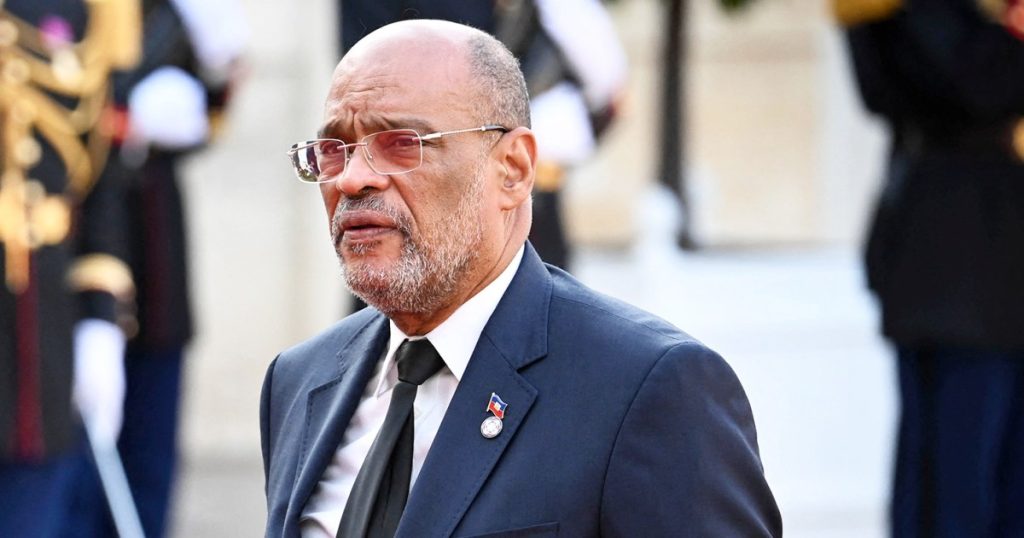Haiti has established a transitional council to select the country’s next prime minister and Cabinet as the influence of gangs continues to grow. The council, comprising representatives from various sectors including politics, civil society, and the private sector, was created following a decree published in a government outlet. Prime Minister Ariel Henry had previously stated that he would step down once the council was formed. The members of the council, including representatives from different political groups and organizations, have been working since March to create guidelines for governance with assistance from CARICOM, a group of Caribbean governments. The council’s main goal is to restore dignity, democratic legitimacy, stability, and sovereignty to Haiti and ensure the proper functioning of state institutions.
The announcement of the transitional council has been met with optimism by those who believe it can help Haiti move towards a new direction and address the widespread gang violence that has been plaguing the country, particularly in the capital of Port-au-Prince. Gang violence has been a significant issue for more than a month, causing challenges for the government and citizens alike. The council has the potential to provide a fresh start for Haiti, which has been experiencing political turmoil and a lack of democratic processes for several years. Haiti has not held elections for eight years, leading to a weakening of political leadership and institutional functioning. The transitional council aims to address these issues and work towards stabilizing the country’s political landscape.
The nine-member transitional council includes representatives from various sectors, with seven members having voting powers. While the decree establishing the council does not list the members, a statement released by one group of members included a list of individuals from political parties, civil society, the private sector, and faith-based organizations. The council’s creation was initiated by Caribbean leaders who announced their intention to assist in forming the council a month prior. The involvement of various stakeholders in the council, including different political groups and organizations, reflects a commitment to inclusive governance and a multiparty approach to addressing Haiti’s challenges. The council’s formation and guidelines for governance mark a significant step towards restoring stability and democratic legitimacy in Haiti.
Despite the challenges posed by gang violence and political turmoil, the establishment of the transitional council offers hope for Haiti’s future. The council’s mission to guide the country towards stability, sovereignty, and functional state institutions is crucial for addressing the longstanding issues that have plagued Haiti. With the support of international partners like CARICOM, the council has the potential to bring about positive changes in Haiti’s political landscape and contribute to long-term stability. As the council begins its work and selects the next prime minister and Cabinet, it will play a vital role in shaping Haiti’s future and ensuring the country’s transition to a more stable and democratic governance system.


